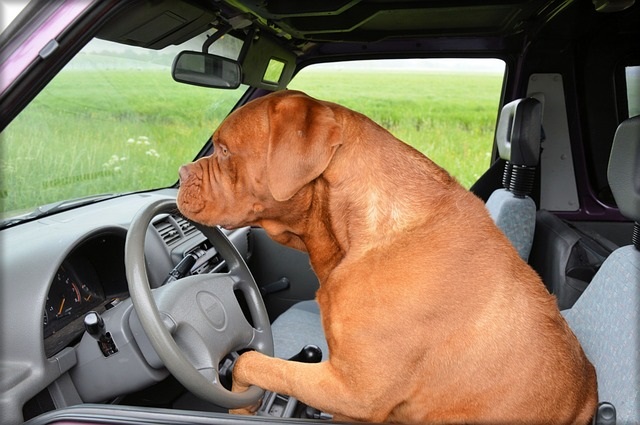A couple of weeks ago I dealt with working from home expenses in my blog. This week – we move on to your car!
Like working from home, there are 2 main methods of claiming motor expenses – one more complicated than the other!
- The Mileage Method (simple method)
This is simple to work out and generally used if you are not doing lots of business mileage in your car. If you use the family car occasionally for work, then this method would be the one for you to use.
You simply keep a record of the number of business miles you do and then calculate a flat rate of 45p per mile (for the first 10,000 miles) and then 25p per mile on anything over this.
You then do not charge the business for any other car related costs such as insurance, servicing, petrol etc. These should all be paid for privately. The actual cost of buying the car is not separately reflected in your accounts either under this method.
You can claim for extra journey costs such as parking, congestion charge and toll roads in addition to the 45p per mile so keep receipts for those.
Obviously you need good record keeping for this method – most people keep a note in their diary or in a notebook in the car of business miles done.
You can only use this method if your turnover is below the VAT registration threshold (currently £83,000) and once you have started using it, you can only change methods if you change your car – you can’t chop and change methods each year.
- The Actual Cost Method
This is more complicated to work out, but generally beneficial is you use your car predominantly for work, with little private usage – or you have high repair bills!
Under this method, the business pays for all your motor costs. You can include fuel, repairs, MOT, servicing, insurance, tax and breakdown cover. You then work out the percentage of your costs that relates to private use and disallow the private element in your accounts. So if you use your car 80% for business, and 20% privately, then the business can pay for 80% of the total cost. In reality, what usually happens is you pay for all the costs from the business and then your accountant will make the adjustment in your accounts at the year end to reflect the private usage of the car.
You will need to keep records to be able to estimate the percentages – if queried, HMRC would really like to see records for about 3 months to give you an idea of the business usage.
The cost of the car can also recorded in the accounts under the actual cost method, and tax relief given via capital allowances but that’s for another blog!!
Under both methods, parking fines, speeding fines and driving awareness courses are never a business expense so don’t try to claim them!!
If you have any queries, then please contact Rosie Forsyth at Wilkins & Co.


You must be logged in to leave a reply.